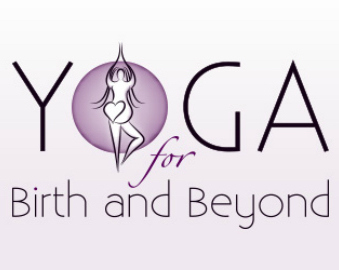TENSION MAKES LABOUR HURT MORE
Most women have heard about the Fear/Tension/Pain syndrome and the importance of staying relaxed and calm in labour, however how easy is this to achieve and why is it so important?
It helps to understand the physiology of the uterine muscles and how fear can affect their function. The longitudinal muscles of the uterus contract and help the circular fibres open up the cervix (dilation), these muscles work in harmony in undisturbed labour when a woman is well supported, relaxed and in surroundings conducive to her feeling safe and private. When a woman is anxious and fearful, feels alone, observed, cold and in surroundings with bright lights and without support people she knows well she releases adrenalin which has detrimental effects on how the uterine muscles work as well as how labour progresses. Adrenaline is responsible for the “fight/flight response”which we are all familiar with and have experienced at some point in our lives. When it happens during labour it not only slows or stops labour but also creates a more painful experience for a labouring woman. Blood is pumped away from the core of the body (and uterus) to the extremities (for fight or flight), adrenaline counter-acts the release of endorphins ( the body’s natural pain killers) and, very importantly, the two sets of uterine muscles no longer work in harmony but in opposition thus creating discomfort and pain. The circular muscles prevent the cervix from opening further – in order for a woman to “run to safety” when faced with danger however the longitudinal muscles continue to work regardless. Combined with reduced blood supply and oxygen to the uterine muscles because of adrenaline it is easy to understand why there would be an increase of pain which is likely to create more tension and fear in the mother.
So how can you reduce fear and anxiety both before and during labour?
- Attend prenatal yoga classes! Learn to recognize when there is tension in the body and the mind and how to release it (breath, meditation, affirmations)
- Face your fears – discuss them with your partner or close friend, address any issues
- Learn effective labour skills to feel confident about dealing with labour
- Get your partner and support team trained up! They should know about specific labour massage and acupressure, how to help you be active in your labour, use rebozos (scarves) to help you relax, encourage your movement and use of slow, deep breathing and sound. They also need to be able to be focused and calm themselves
- Use a birth pool or bath to relax all the muscles of your body and help your birth hormones to flow
- Attend Calm Birth classes
- Listen regularly to guided relaxations and meditations
- Talk to women who have experienced positive, empowering births, watch inspirational birth movies and read Birth stories
- Hire a doula
- Choose the books you read: Ina May’s Guide to Childbirth (Ina May Gaskin), Gentle Birth, Gentle Mothering (Dr. Sarah Buckley), New Active Birth (Janet Balaskas), 25 Ways to Awaken your Birth Power Danette Watson and Stephanie Corkhill-Hayes)
Above all believe in your wonderful body and its ability to birth!
